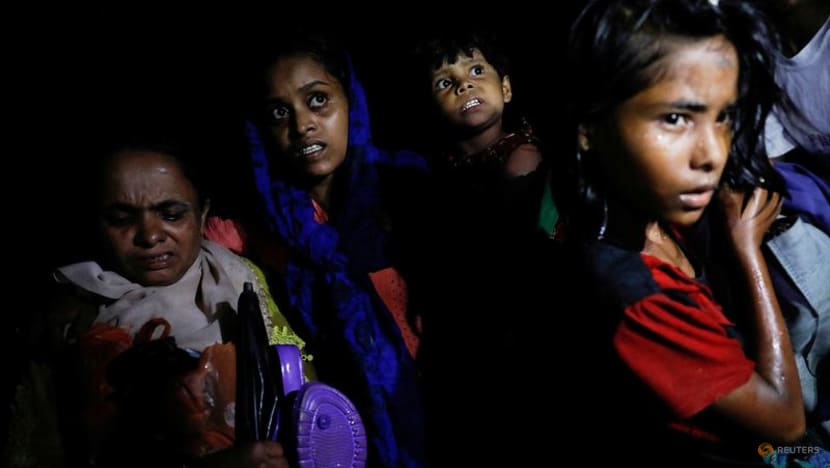Myanmar’s shadow government, formed following last year’s military coup, has stated that it recognises the International Court of Justice’s (ICJ) jurisdiction to consider charges that the country committed genocide against its Rohingya minority.
Prior to the military’s takeover of power last year, Myanmar’s government, led by the now-deposed Aung San Suu Kyi, filed preliminary objections to the ICJ over the Gambia case, which was seen as likely to postpone proceedings.
In a statement issued on Tuesday (Feb 1), the National Unity Government (NUG), a rival administration comprised of deposed parliamentarians in exile, stated that it has withdrawn its preliminary objections to the lawsuit.
However, it is unclear whether this will have an impact on the legal process, as the NUG stated that the ICJ has been talking with Myanmar ambassadors in Brussels who are under the junta’s jurisdiction due to a “bureaucratic idiosyncrasy.”
“If the International Court of Justice recognizes the military, it would embolden the junta to continue and expand its daily atrocity crimes,” the NUG stated in a statement.
It urged the International Court of Justice to deal with Myanmar’s permanent representative to the United Nations, Kyaw Moe Tun.
The International Court of Justice did not immediately react to a request for comment, and a spokeswoman for Myanmar’s junta did not return a phone call seeking comment.
Following a military crackdown, more than 730,000 Rohingya Muslims left Myanmar’s Rakhine State in 2017.
Human rights organisations reported civilian deaths and village burnings, and UN investigators concluded that the military action, launched in response to attacks on security forces by Rohingya rebels, was carried out with “genocidal intent.”
Aung San Suu Kyi, Myanmar’s civilian leader at the time, attended hearings at The Hague in December 2019 to beg judges to reject the case.
The junta has put Aung San Suu Kyi on trial and sentenced her to years in prison, despite the fact that the overthrow of her government prompted large protests and a deadly assault on dissent by the army.
With Myanmar’s military administration vying for international legitimacy, sources close to the case have previously stated that the junta has been working with the ICJ to produce court-ordered reports on the Rohingya situation every six months. The reports are not available to the public.
Source: Reuters



